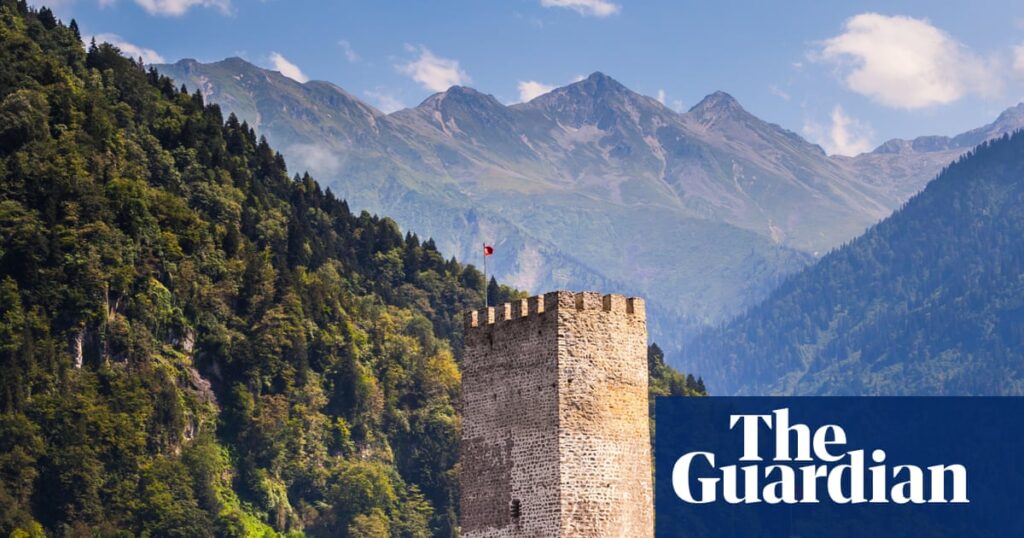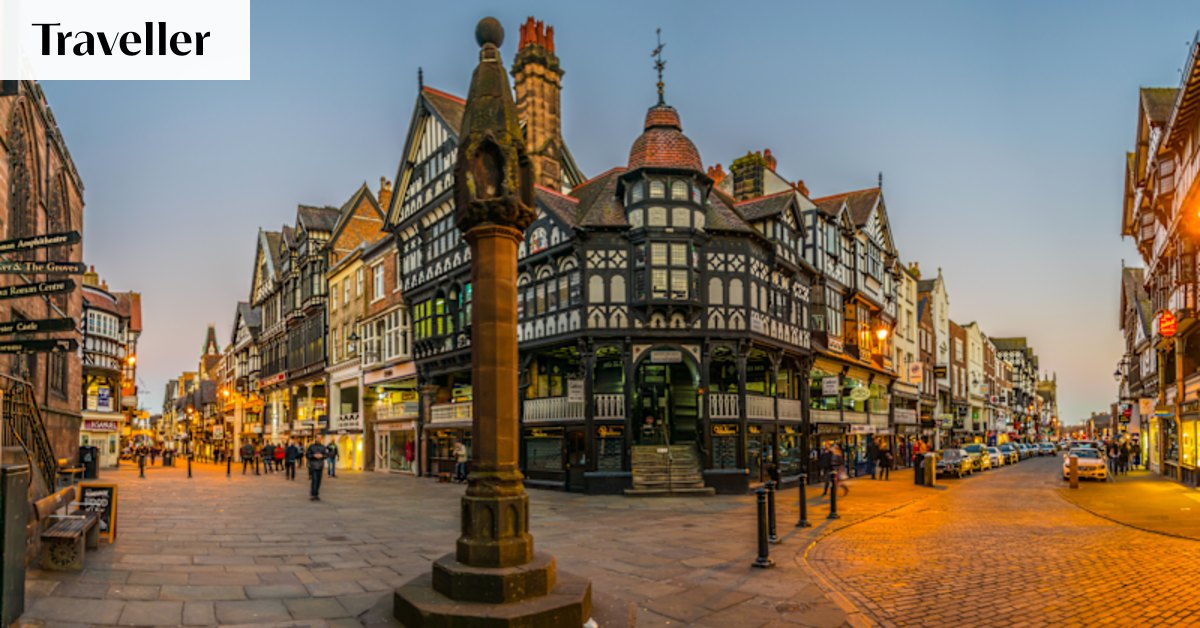
A rainy region where the locals’ tea-drinking habits verge on obsessive might sound familiar, but beyond this shared love of tea, Turkey’s Rize province diverges dramatically from the UK. Nestled in the northeast corner of the country, Rize is a fairytale land of mist-shrouded mountains and plunging valleys cloaked in deep, dark forests. Despite its dramatic landscapes, international tourism has yet to fully embrace this hidden gem.
Rize lies between the eastern edge of the Black Sea and the rugged Pontic Alps, close to the Georgian border. Historically, its remote location made it a challenging destination to reach—a bus journey from Istanbul could take up to 19 hours. However, the opening of an airport in 2022 has reduced travel time to just two hours, making it more accessible than ever.
The Allure of the Fırtına Valley
Intrigued by Rize while researching a book on the world’s best road trips, I embarked on a journey to explore this region’s natural beauty. The Fırtına Valley, known for its stunning scenery, was our primary destination. This area is one of the most accessible in Rize, although large portions of the province remain a wilderness best explored with a guide.
As we drove east from the city of Rize towards the Fırtına Valley, the route was flanked by the shimmering turquoise waters of the Black Sea and rolling tea plantations. Workers could be seen gathering tea leaves into wicker baskets, a testament to Rize’s status as Turkey’s leading tea-producing region since the 1940s. Despite being the wettest region in the country, summer rains are brief, leaving behind wisps of mist across the hilltops.
A Journey Through History and Nature
Upon reaching the mouth of the Fırtına River, its name meaning “stormy,” the river’s waters crashed along the rocky riverbed. The further we drove, the more ferocious the river became, with valley sides looming over us, their steep slopes blanketed in dense forests. After half an hour, we arrived in Çamlıhemşin, a town cradled by towering, mossy cliffs.
In Çamlıhemşin, we dined at a riverside café, enjoying chargrilled chicken skewers and white bean stew. The homemade bread, as proudly shared by our waiter, added a comforting touch to the meal. Our accommodation for the night was Dudi Konağı, a grand stone mansion turned guesthouse, where we fell asleep to the sounds of a nearby stream.
Exploring the Kaçkar Mountains
The following day, we ventured deeper into the valley, tracing the river’s course past thundering waterfalls and stone bridges dating back to the Ottoman Empire. Our first stop was Zil Castle, a 14th-century fortress believed to have been constructed by the Empire of Trebizond. This medieval marvel once guarded a critical mountain pass on the Silk Road, connecting Europe and Asia.
As we continued, we encountered rhododendron bushes, whose nectar is used to produce the region’s famous “mad honey,” known for its hallucinogenic properties. Beekeeping thrives here, with hives hoisted high into hornbeam trees to protect them from bears. This practice is part of the cultural heritage of the Hemshin people, an ethnic minority with roots in Armenia.
The Untamed Wilderness of Elevit
Our journey led us to Elevit, a mountain hamlet perched on a high-altitude plateau. Inhabited only during the summer months, the village was quiet, shrouded in mist and surrounded by a technicolor blanket of wildflowers. Behind the fog, the Kaçkar Mountains rose majestically, part of the Caucasus range extending along Turkey’s Black Sea coast.
While hiking in the Kaçkars is possible, it is not advisable without a guide due to the rugged terrain and unmarked paths. With our road trip set to continue into Georgia, our exploration of the Kaçkars concluded in Elevit, leaving us with a sense of awe at the untamed beauty of this region.
As we returned to Çamlıhemşin, dusk cast an amber glow over the valley. We ended our day in a wood-panelled tea house, playing backgammon and sipping tea from tulip-shaped glasses. The proprietor asked us what we thought of his region. “Güzel,” we replied, meaning “beautiful.” His wide grin reflected the pride of those who call Rize home.
Rize remains untouched by mass tourism, offering a wild and authentic experience where ancient cultures thrive, and the tea is always hot. It’s a destination worth exploring for those seeking a journey off the beaten path.







